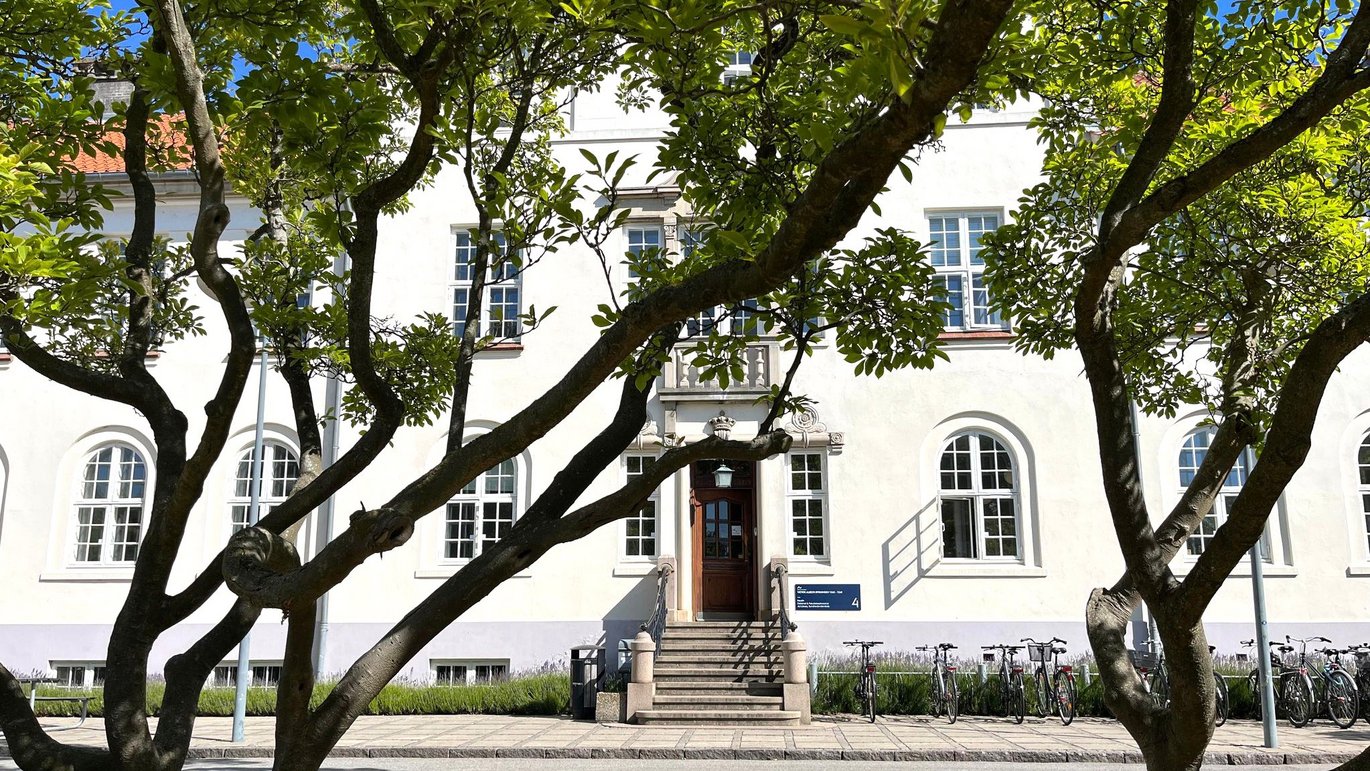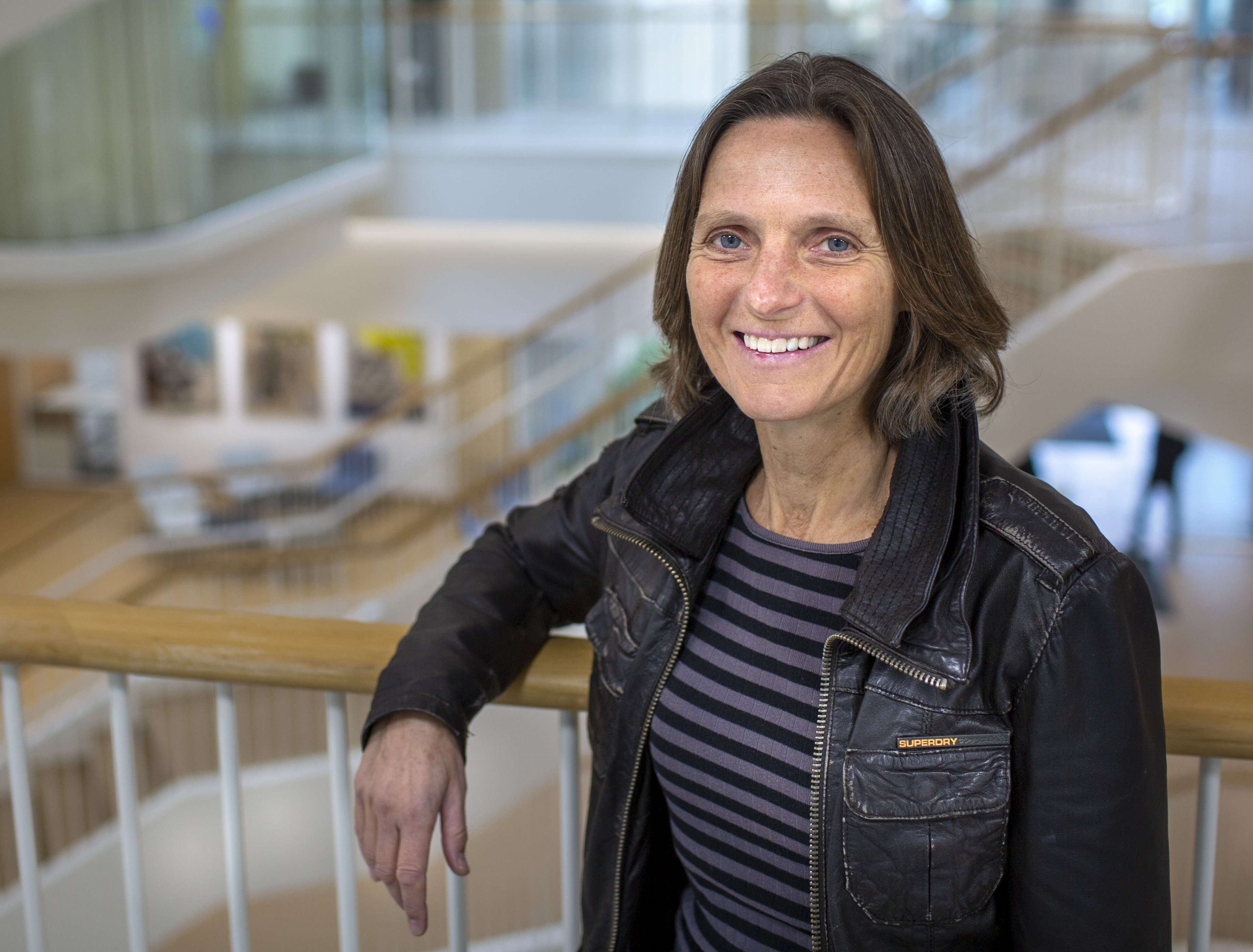How can we become even better?
The research conducted at Health must have been evaluated by the end of 2025. The aim is to uncover new potentials for excellent research via internal analysis and external feedback.


If you are a researcher at Health, you will probably be contributing to the evaluation of research quality being carried out at the faculty over the next two years.
It is now common international practice for research-intensive institutions to carry out processes that place research quality under internal and external scrutiny. The University of Copenhagen has been doing this since 2016 and is currently conducting its second research evaluation.
Preparations for this time-consuming endeavour are well underway at Health. Dean Anne-Mette Hvas explains that the aim of the evaluation is primarily to provide value for the individual departments, as the results will be incorporated into local research strategies.
Below, Anne-Mette Hvas answers questions about the research evaluation at Health:
Why do we need to evaluate the quality of research?
"The evaluation is a tool to provide management and employees with an overview of the development opportunities within our research. In particular, we will be using the evaluation locally at departments to highlight the potentials of existing and new research areas. It’s also important knowledge in relation to improving the framework for research across the faculty.”
We are already evaluated by the academic peer-review process, by advisory boards and as part of our strategy work. What will this process tell us that we don’t already know?
"It’s an opportunity to assess research and its potential within a broader and more nuanced framework than when we measure ourselves against generic and bibliometric data, such as the H-index for researchers. We can focus on activities that go beyond the traditional quantitative goals for research activity, like our ability to work together across disciplines and our ability to engage with – and leave an impact on – society as a whole. A traditional, quantitative evaluation has its limitations, and it only partially covers the qualities we want to nurture."
Who determines the evaluation parameters we use?
"The department management team will do so based on a template created by the faculty steering committee. The template will still provide a brief overview of the traditional quantitative goals such as publications and grants, but it’ll also provide us with an opportunity to focus on topics such as interdisciplinarity, diversity and the effect of research on society, culture, the environment, quality of life, etc. The template has been inspired by the principles in the Agreement on Reforming Research Assessment, an EU initiative on a more responsible approach to research evaluation, involving a number of obligations, for example in relation to diversity, and relatively less emphasis on bibliometric data and rankings."
Who will perform the evaluation?
"Health consists of five very different departments, and this is why the process and the focal points for the evaluation will be organised locally. A steering committee will be set up at each department to organise the research evaluation based what they’d like to learn more about and how an evaluation can create value for the department. During the process, each department will have to organise a visit from an external peer review panel who will assess the current research quality and recommend improvements."
Will the departments receive financial assistance to carry out the research evaluation?
"We don’t have a lot of money to spend on this. We will receive DKK 800,000 from AU's Research Committee, which will primarily cover the costs of the external evaluation panels."
What exactly will we get out of it?
"The project will end in 2025 and will result in a report containing an overall evaluation of the research at Health and a self-assessment by each of the five departments. These self-assessments will include a focus on each department’s overall academic groupings and input from the external panels. We haven’t previously taken a systematic look at our research areas or faculty in the way we’re about to. The evaluation will provide a solid foundation for the future research strategy at each of the departments. At faculty level, we can develop the framework for our research as we see necessary and relevant. It’s an opportunity to assess where additional support is needed – for example in the form of a core function – as well as where we have the biggest potentials and what our strengths are. We’ll also be integrating more general central topics such as research integrity at faculty level.”
Who will have access to the results?
"The full report, containing both the evaluation of the faculty and the self-evaluations from the five departments, will be available to all employees."
How will we prevent the evaluation from exposing individual researchers?
"It's extremely important that we make it clear that the evaluation isn’t an assessment of individual researchers, and that the process at the departments is organised in a way to avoid this. Our focus is on the impact and potential of the faculty and individual departments – including the strategy and initiatives implemented by the departments to promote research excellence. Focus is on quality and development – not measurement and control. It’s about organisation and environments – not individuals.”
Why should we spend time on tasks related to research instead of on the core task?
"Because carefully analysing and evaluating our own organisation gives us an opportunity to improve and move forward.”
TIMELINE
The university management has decided that we at Aarhus University in the future must systematically evaluate research quality every 4-5 years.
Who is responsible for the evaluation?
A faculty steering committee has been established to guide the overall direction of the evaluation.
Members of the faculty steering committee:
-
- Dean Anne-Mette Hvas
- Vice-dean for Research (a role currently being filled by Head of Department Christian Lindholst)
- The five department heads
- Professor Søren Dinesen Østergaard – researcher representative from the Academic Council
- Administrative Centre Manager Lasse Munk Madsen
- Head of Communications Ulla Krag Jespersen
- Henry Andreasen from the Dean’s Secretariat
Each department will have a steering committee to plan and head up the local process. Each department is responsible for conducting a self-assessment and an assessment by an external peer review panel.
A departmental steering committee has the following members:
-
- Department head
- Deputy head of department for research and talent
- Secretariat manager
- A number of research directors and others who reflect the research areas at the individual department.
The senior management team has decided that, in future, AU is to systematically evaluate the quality of research every four to five years.
The purpose of the research evaluation
The aim of the evaluation is to strengthen research at Health. We will do so by identifying the potential for excellent research within current and new research areas.
Health consists of five very different departments, and therefore the process and the focal points for the evaluation will be organised locally. The experience gained from the evaluation will be incorporated into the research strategies at the individual departments.
Contact
Dean Anne-Mette Hvas
Aarhus University, Health
Mail: dean.health@au.dk
Phone: +45 87 15 20 07